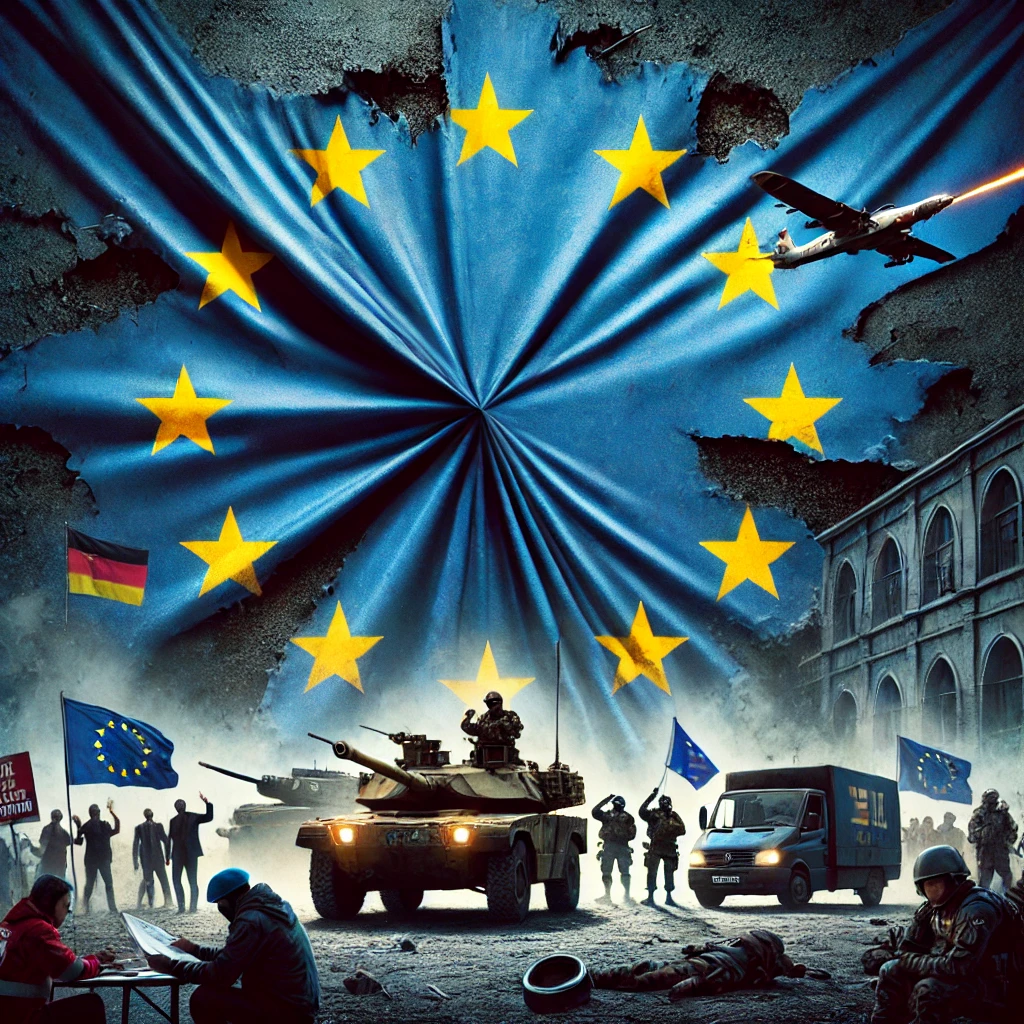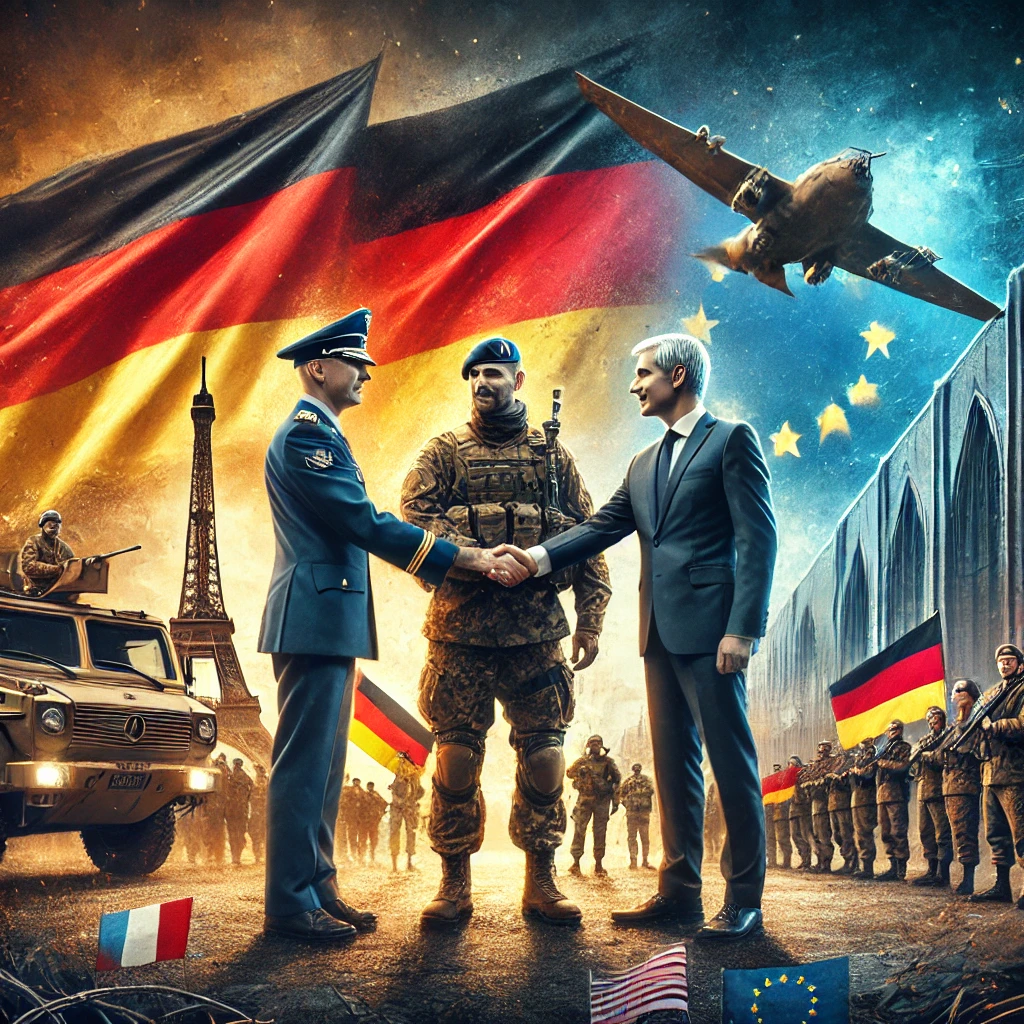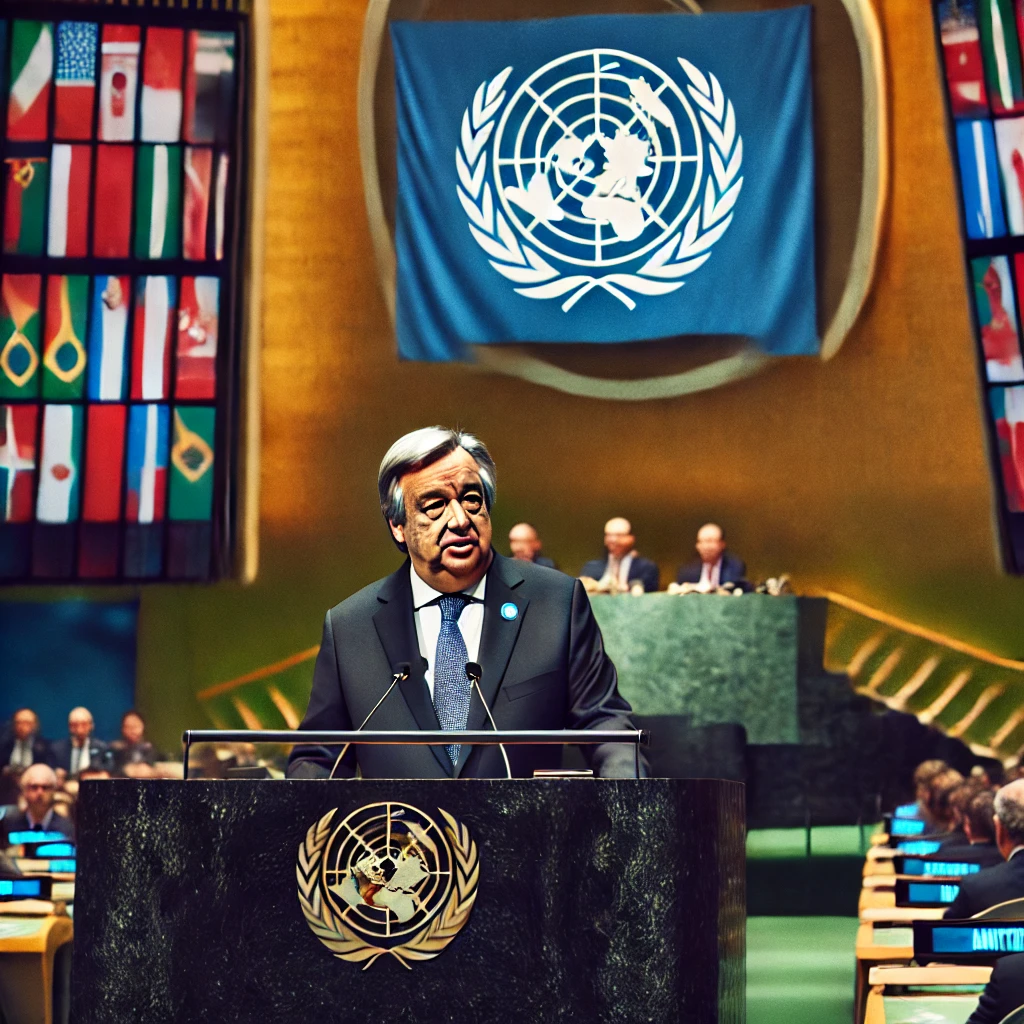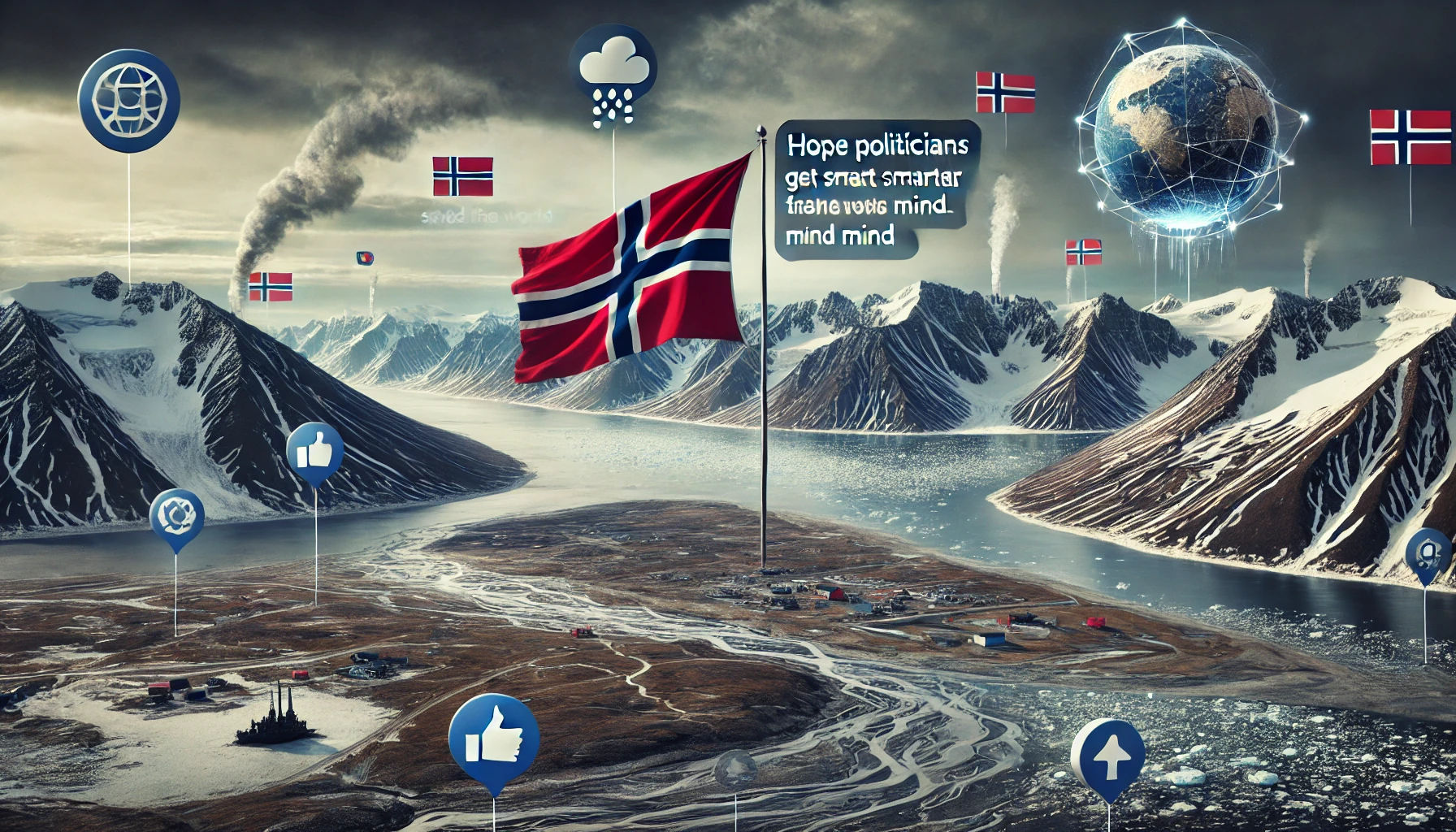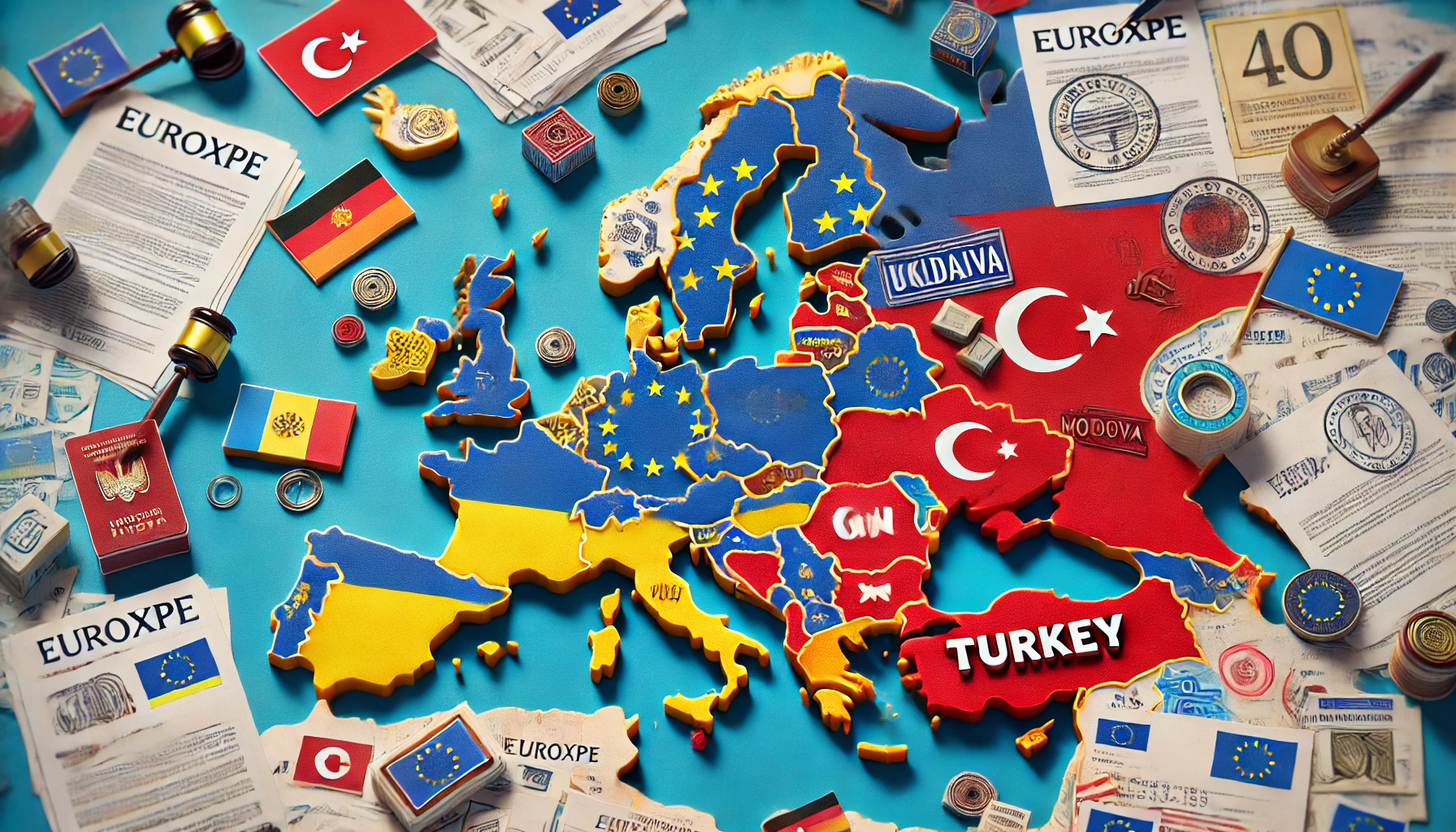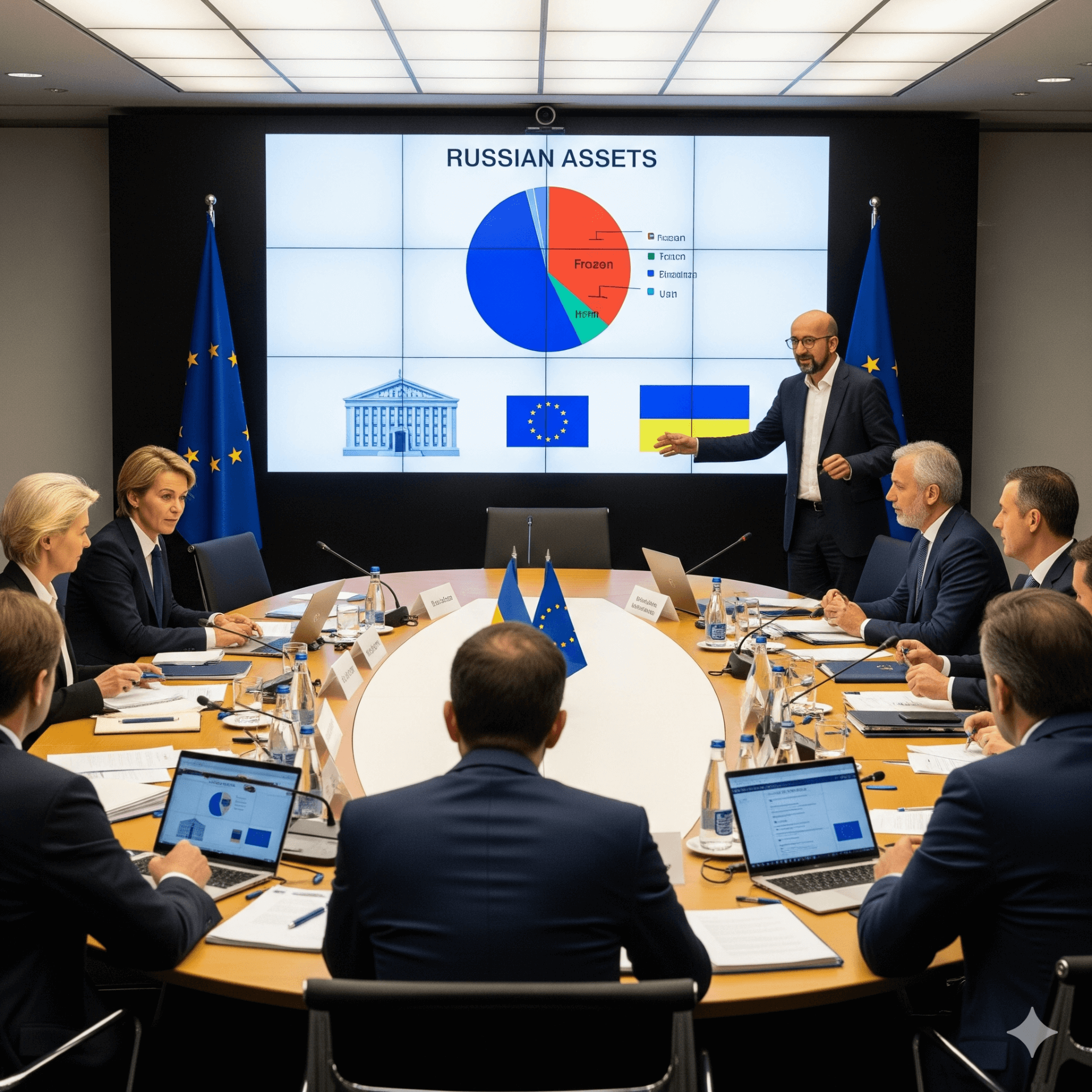The European Union is facing an unprecedented crisis, and instead of solving its deep-rooted issues, its leaders seem intent on shifting the focus towards warfare. For decades, the EU has been grappling with several complex problems, from the cost-of-living crisis to the looming shadow of climate change. Yet, the leadership’s solution appears to be military escalation, a move that could further destabilise the continent. This growing militarisation threatens not just Europe but also the global order, as its ties with the United States and conflicts like those in Ukraine escalate.
A Political Union in Crisis
Europe’s political landscape has become a battleground of conflicting ideologies. The rise of the far-right across the continent, exemplified by the recent victory of the Freedom Party in Austria, has placed the EU at a crossroads. The political fragility is further compounded by a migration crisis, housing crisis, and increasing disillusionment with the EU’s neoliberal economic policies. These issues have eroded the trust of European citizens in their leaders, driving many to seek a better life in places like the UK or the United States.
At the core of this disillusionment is the failure of the EU to address the growing inequalities within its borders. While Europe boasts about its liberal values, its political actions seem more focused on preserving the status quo that benefits the wealthy elites. Instead of addressing the concerns of ordinary citizens struggling with rising prices, precarious employment, and diminishing public services, EU leaders are directing attention towards a military build-up.
Ukraine: The Proxy Battlefield
The ongoing war in Ukraine has exposed the EU’s reliance on US foreign policy. Since the start of the conflict, European nations have poured vast amounts of military aid into Ukraine, with weapons flowing from EU countries and the US alike. However, this approach has only intensified tensions with Russia and increased the risk of a broader conflict. European leaders have been pushing for even more aggressive measures, such as supplying long-range missiles to Ukraine, despite clear warnings from Moscow.
The problem with this strategy is that it ignores the root causes of the conflict. The EU’s neoliberal policies and its unwavering alignment with US interests have alienated countries both within and outside the union. This approach has created an atmosphere of distrust, with many seeing the EU’s actions as contributing to the global instability rather than promoting peace.
The War Economy Myth
EU leaders have also propagated the idea that military spending can revitalise the continent’s stagnant economy. Figures like Mario Draghi, the former President of the European Central Bank, have suggested that a significant investment in the armament industry could boost European competitiveness. This notion, while appealing to some, is fundamentally flawed. A war economy does not address the structural issues that have led to the EU’s economic stagnation. Instead, it diverts resources away from essential areas like healthcare, education, and green energy.
By focusing on military expansion, the EU risks further deepening the divide between the wealthy and the working class. The consequences of such policies are already visible in the growing inequality and the retreat of the welfare state across Europe. Ordinary citizens are paying the price for the EU’s neoliberal agenda, while the rich continue to amass wealth.
Neoliberalism at the Heart of EU Failures
At its core, the European Union has always been a neoliberal institution, more concerned with protecting corporate interests than ensuring the well-being of its people. The gig economy is flourishing, and many are struggling to make ends meet as the cost of food, housing, and utilities soars. This economic model has not only failed the citizens of Europe but also contributed to the ongoing migration crisis by exploiting the economies of the Global South.
The EU’s failure to implement a just green transition further highlights its misplaced priorities. Rather than focusing on sustainable development and social welfare, the EU has chosen to offload the costs of climate policies onto its citizens, exacerbating the financial burdens they already face.
The Need for a New Direction
Europe’s focus on war and militarisation is a dangerous distraction from the real challenges it faces. Instead of investing in weapons and perpetuating conflict, the EU should prioritise policies that promote peace, sustainability, and social justice. A move towards a new form of socialism, one that values participatory democracy, pluralism, and welfare, could offer a way out of the neoliberal disaster the continent finds itself in.
The path forward for Europe must involve a radical rethinking of its political, economic, and social systems. Only by addressing the root causes of its crises can the EU hope to regain the trust of its citizens and fulfil its original promise of peace and prosperity for all.
